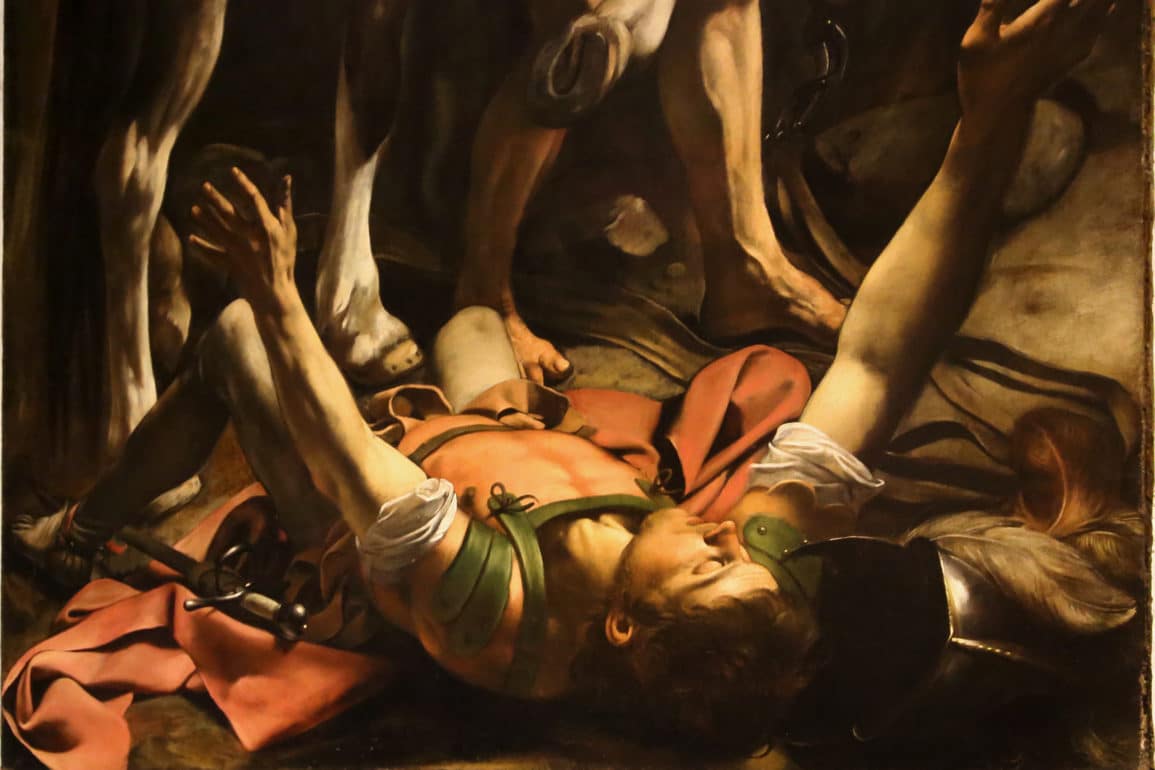Father Javier Peño Iglesias, a journalist, shares with Exaudi’s readers his article entitled “The Miracle of Saint Paul’s Conversion,” on the feast that is celebrated today, January 25.
Every January 25, Christians celebrate the conversion of Saint Paul, with whose feast we conclude the Week of Prayer for Christian Unity. The latter is so important for us, as it responds to the profound longing of Christ’s Heart, expressed in the Last Supper: “That they may all be one; even as Thou, Father, art in me, and I in Thee” (John 17:21-23).
The figure of Saint Paul is fundamental for Christians, given that he is the first great evangelizer for the Gentiles, that is, for the non-Jews. In a certain sense, we can say that he is our Father in the faith, almost in the same way that Abraham is, as we recall in the Roman Canon of Holy Mass. Saint Paul’s apostolate opened the doors of salvation in a new way for us, and in him, we recognize that we no longer have to insert ourselves in God through the pact with Noah (in fact, in the Jewish world there is a current called ‘noajida,’ which encourages the conversion of Jews through the acknowledgment of these laws that come from the time of God’s pact with Noah), but in the New Covenant in Jesus Christ.
We know, because Paul himself says so in Philippians 3:5, that he was circumcised eight days after being born, that he was of Israel’s lineage and of the tribe of Benjamin. Moreover, in regard to the law, he was Pharisee. In other words, he was an observant person and concerned with pleasing God. And this isn’t trivial, because it opened the doors to him to be able to recognize the Truth that Jesus Christ brought, after the famous episode of his conversion, which Saint Luke, his disciple, narrates in the Acts of the Apostles and that he himself tells in the mentioned letter to the Philippians and, in a gentler way, in the missive to the Galatians.
It is precisely in the latter that, in my judgment, we find the key to understanding his conversion: after the episode on the road to Damascus and the hospitality on the part of some followers of the Lord Jesus, he goes to Arabia to return, later on, to this city. And it’s in the third year that he now travels to Jerusalem to meet with Cephas, with whom he stays for fifteen days.
As we were saying, this passage of time is fundamental, as it enabled the former Saul to finish dying so that the new Paul could spring from the depth of his soul. With his sin, with his particular thorn, whatever we think, but a man determined to love Jesus Christ above all things and to live the faith in the Church, to the point that he doesn’t hesitate to leave everything permanently to take the Good News everywhere. In those years, undoubtedly, what was happening to him was maturing; he was understanding better, as he acknowledges to the Ephesians, how wide, long, high and profound is the love of Christ.
Today, in this culture of the immediate, of the click, of emotion, above all to think, want and feel, it is fundamental to claim this process of conversion in the time that Saint Paul had. And which was not just three years, but continued throughout his life! It’s also lovely to see how one of his disciples, Saint Luke, follows his steps in investigating diligently everything related to Jesus’ life (Luke 1:1-4). We often see a trace of the teacher in the disciple, and there is no doubt that Luke was affected by Saint Paul’s commitment to know more and better every day something about the Lord. That is why Saint Paul and his disciples are an example that conversion is a process that lasts a lifetime, and that calls for facing the Lord permanently: in prayer, in the liturgy, in study, in dealing with one’s neighbor, etc.
When at times we feel we want too quick a conversion and we get discouraged when it doesn’t happen, we must recall the life of Saint Paul. And let’s not forget the clarity of the parable of the sower that Jesus told us about, and that all the Synoptic Gospels pick up! It’s the work of the Tempter to make us believe that a Love like that of Christ is possible without effort.
For all this, let us pray to the Apostle on this feast for firmness in the decision to follow the Lord always and everywhere. To be His faithful disciples so that, when His grace moves us we are His apostles wherever we are. Let us persevere, as it is the way to save our souls, as the Lord said to us after proclaiming, no more and no less than, the destruction of the Temple of Jerusalem and just before heading for the Cross (Luke 21:19). We end with Saint Augustine’s prayer to the Lord in the Confessions, which we make our own: “Convert us and we will be converted.”
Translation by Virginia M. Forrester










